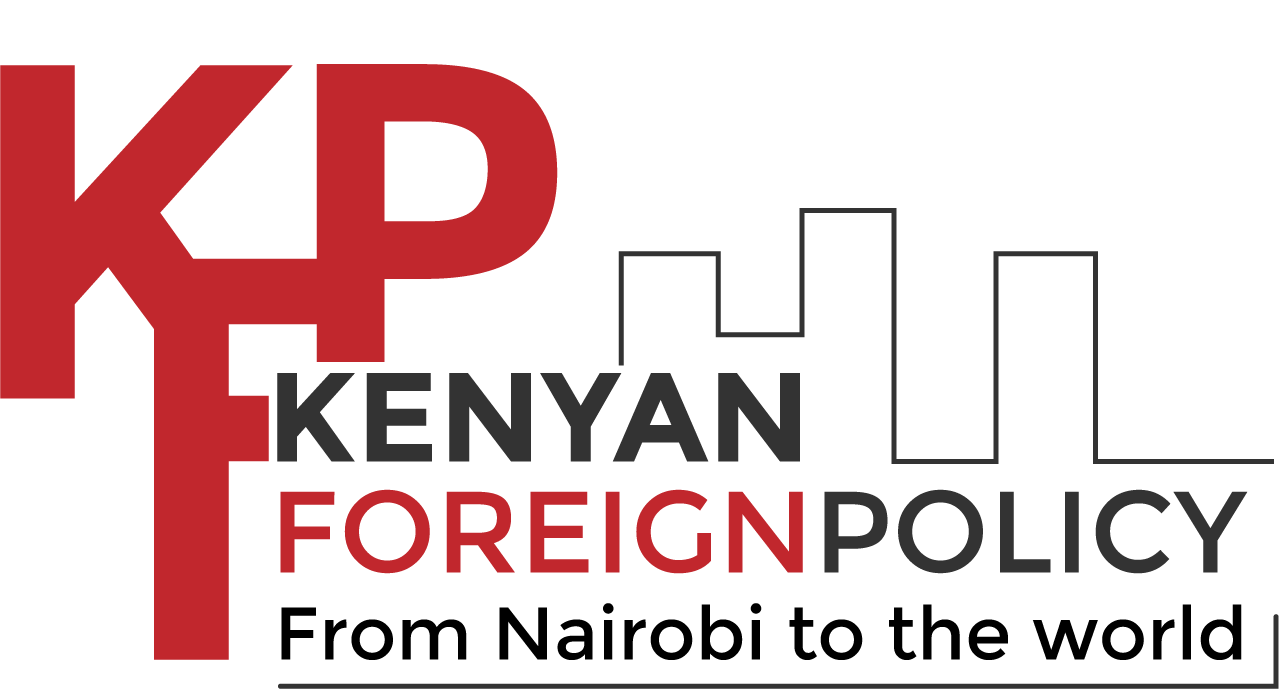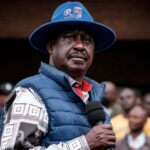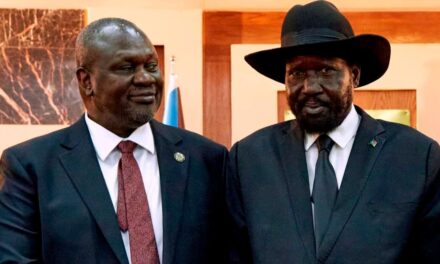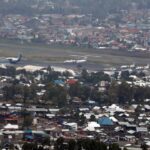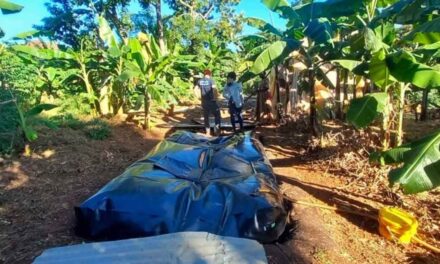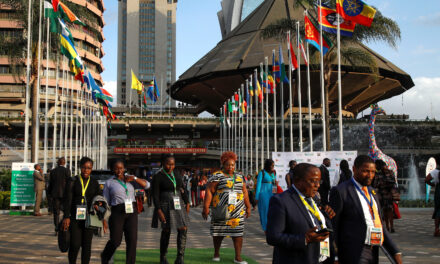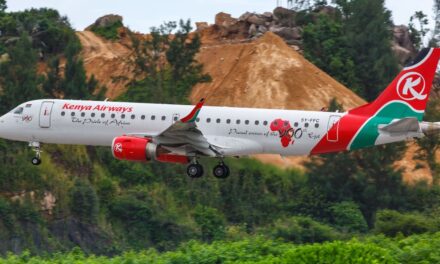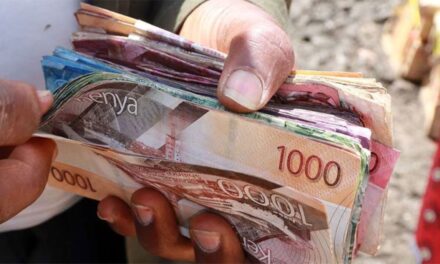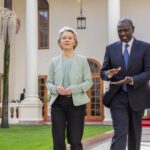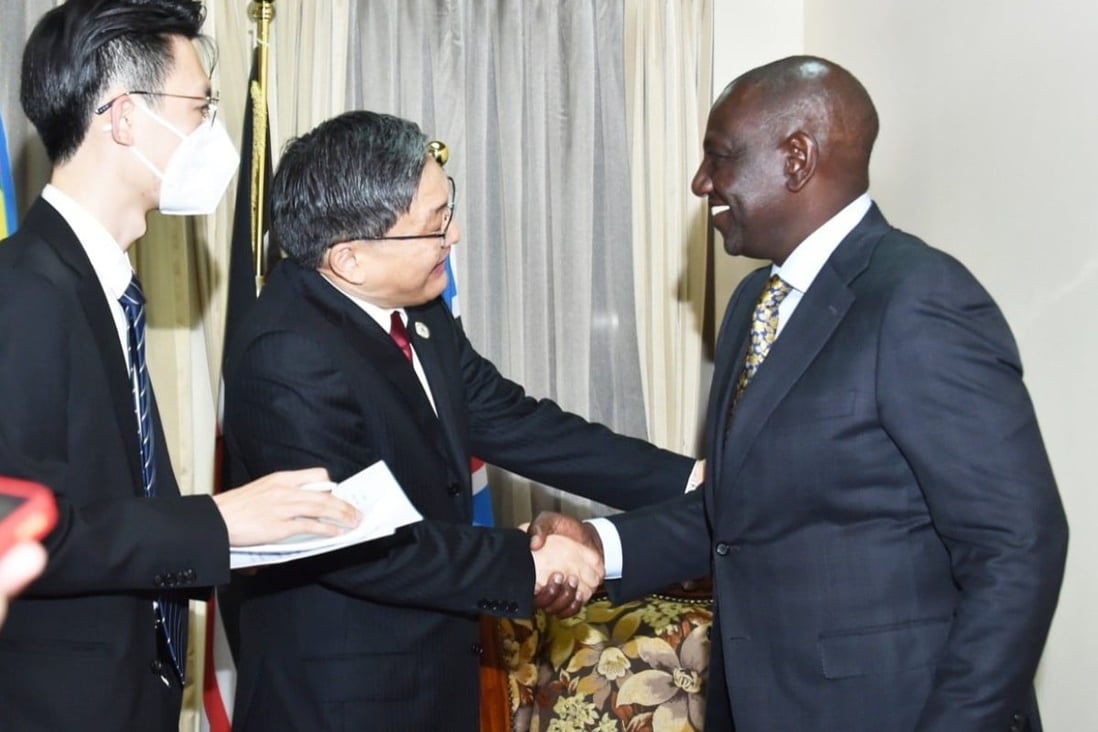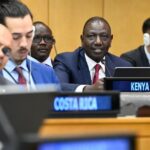
Kosovo’s Vigorous Diplomatic Maneuvers in Kenya
Posted by James Kinyua | Mar 26, 2024 | MUST READ, QUEST FOR RECOGNITION


Kosovo’s vigorous diplomatic efforts in Kenya over the past seven years have begun to bear fruit, particularly since president William Ruto assumed office in Kenya.
However, attaining international recognition for newly independent nations is often a complex and lengthy process, as seen with Kosovo, the young Balkan nation that proclaimed independence from Serbia in 2008.
Over time, Kosovo’s efforts to gain recognition have led it to different parts of the world, including Africa.
Former President Behgjet Pacolli and his Chief of Staff Jetlir Zyberaj have been actively involved in lobbying efforts, building strong connections with Kenyan leader William Ruto.
Behgjet Pacolli, a prominent figure in Kosovo’s political landscape, served as the country’s President in 2011.
Throughout his tenure and beyond, Pacolli has been a staunch advocate for Kosovo’s recognition on the global stage.
His efforts have not been limited to traditional diplomatic channels but have extended to strategic engagement in regions where support for Kosovo’s statehood is vital.
One such region is Africa, where Pacolli and his team have invested significant time and resources in building alliances and garnering support for Kosovo’s sovereignty.
Their efforts in Africa span over a decade, leveraging diplomatic relationships and engaging in intensive lobbying campaigns to sway opinion among African nations.
Kenya, in particular, has emerged as a crucial battleground in Kosovo’s diplomatic endeavors.
President William Ruto, has become a key ally in Kosovo’s quest for recognition.
Pacolli and his Chief of Staff Zyberaj have cultivated a close relationship with Ruto, recognising Kenya’s influence and strategic importance in the African context.
Through diplomatic engagements, high-level meetings, and strategic discussions, Pacolli and his team have effectively conveyed Kosovo’s aspirations to Kenyan leadership.
Kenya’s move toward recognising Kosovo as a sovereign state gained momentum earlier last year when Nairobi officially recognised Kosovan passports in March.
But, Belgrade, which maintains sovereignty claims over Kosovo, is also engaging in diplomatic maneuvers in Nairobi, aiming to obstruct Kenya’s potential recognition of the independence of the Balkan country.
On March 6, the newly posted Serbian ambassador to Kenya, Danijela Cubrilo Martic, presented her credentials at State House, Nairobi, expressing “a great honour to present credentials to President Ruto”.

She committed to continue building bilateral ties with the people and the government of Kenya.
Ambassador Martic, however, “sincerely thanked friendly Kenya for not recognising the unilaterally declared independence of so-called Kosovo, in respect of the UN Charter international law illegally binding UN Security Council resolution 1244.”
Serbia does not recognise Kosovo’s statehood and continues to claim it as the autonomous Province of Kosovo, even though it has no formal control there.
But beneath the smiles shared by President Ruto and Danijela during this ceremony, simmered underlying geopolitical tensions.
Kenya’s top diplomat shares a strong camaraderie with Kosovo, viewed by Danijela as a rival, as they see him as a true ally of Pristina.
Nairobi has already expressed its readiness to recognise Kosovo.
The Serbian envoy met Rose Makena, the Kenyan Director for Europe at the Foreign office, in Nairobi on March 26, discussing bilateral matters.
It’s understood that Kosovo prominently featured in these talks.
Your support empowers us to deliver quality global journalism. Whether big or small, every contribution is valuable to our mission and readers.
